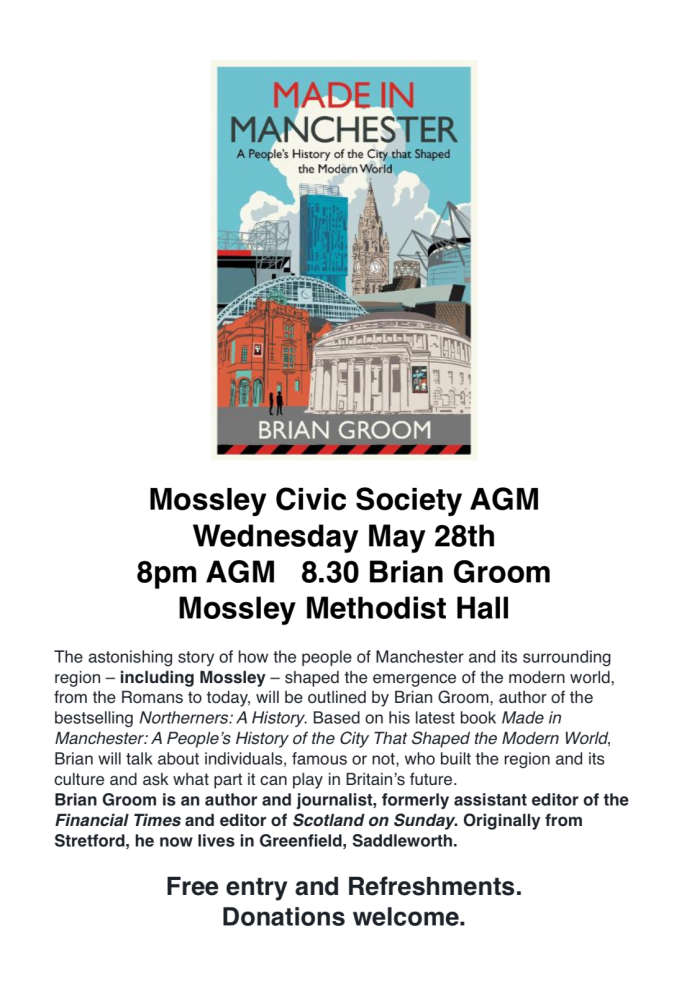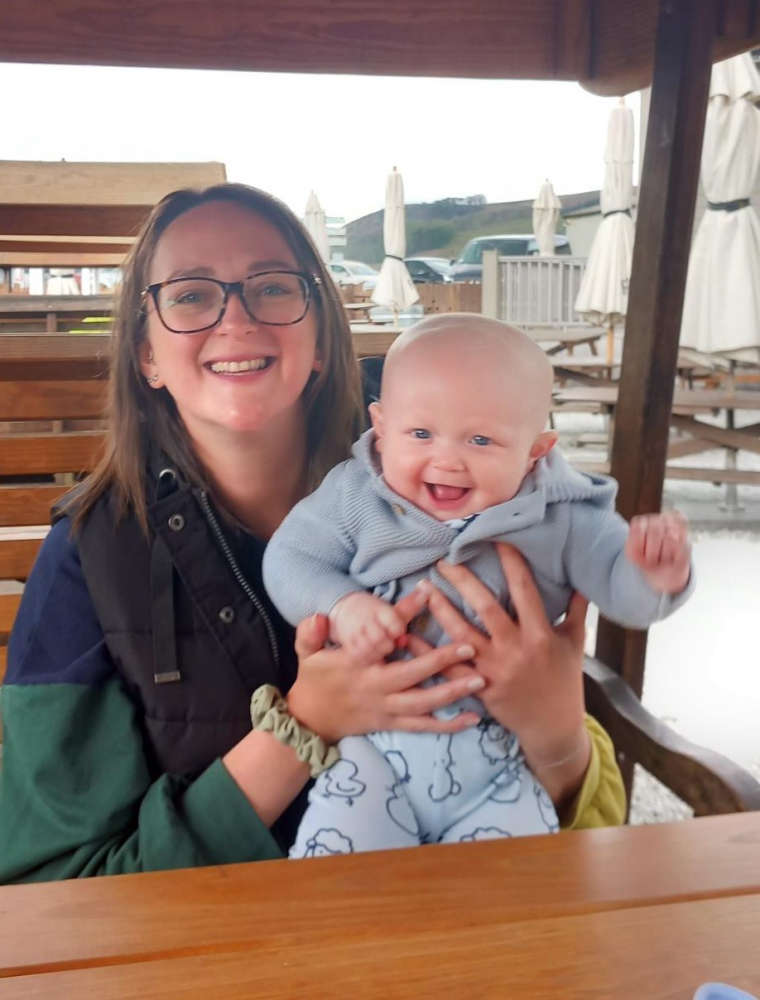
Denton MP Andrew Gwynne voted against the government's four-week extension of coronavirus restrictions.
Prime Minister Boris Johnson announced on Monday evening (14 June) that step four of the government's roadmap for easing restrictions - the so-called 'Freedom Day' when all legal limits on social contact will be removed - will be pushed back to Monday 19 July.
He said the delay will allow more time for people to be vaccinated amid concerns about the Delta variant which first originated in India.
A vote took place in Parliament on Wednesday evening (16 June), with MPs backing the government in a Commons vote by 461 to 60.
The vote means for now, limits on numbers for sports events, theatres and cinemas will remain in place, nightclubs will stay shuttered and people will be asked to continue working from home where possible.
There was a large Tory rebellion against the move, with 51 MPs going against the government.
Overall, the Labour party supported the delay but said it did so "with a heavy heart".
Deputy leader and Ashton-under-Lyne MP Angela Rayner, and Stalybridge and Hyde MP Jonathan Reynolds both voted to keep the restrictions for another month.
But Gwynne was one of the party's MPs who voted against extending the Covid-19 laws and he has issued a lengthy statement explaining his reasons for it.
“We all want COVID behind us and my constituents have largely done the right thing and played by the rules," the MP for Denton and Reddish said.
“The whole purpose of these lockdowns and restrictions has been to ensure our NHS has never been overwhelmed, as we’ve seen in other parts of Europe and the world. And by that measure they’ve been successful.
“But the vaccine has been a game-changer in protecting people. That has allowed a bit more normality to return, and that’s greatly welcome. So given that success we need a new approach.
“COVID is likely to be with us in one form or another for some time – and possibly, like influenza, forever.
"We now need to mitigate and manage COVID, ensuring our vaccines are up to date and effective with new variants. And we need to concentrate testing in hotspot areas with effective test, trace, isolate for households infected, with proper financial support for them to do that. It’s a targeted and more effective approach than a blanket switching off and on whole sectors of the economy.
“We are now at a point where thankfully hospitalisations and deaths are low, but there’s another crisis now impacting the NHS, and that’s the backlog of cancelled treatments and operations. It’s time to change approach. Restore freedoms sensibly and carefully, complete the vaccination rollout at speed and tackle COVID in a targeted and sophisticated manner”.
Read more from the Tameside Reporter
Click here for more of the latest news
Click here to read the latest edition of the paper online
Click here to find out where you can pick up a copy of the paper


 Mossley Civic Society AGM
Mossley Civic Society AGM
 Family Nurse Partnership celebrates their 10th anniversary
Family Nurse Partnership celebrates their 10th anniversary
 VE Day street party big hit in Ashton!
VE Day street party big hit in Ashton!
 Maternal Mental Health Week: Mental health service helps Hayley build better bond with baby
Maternal Mental Health Week: Mental health service helps Hayley build better bond with baby

